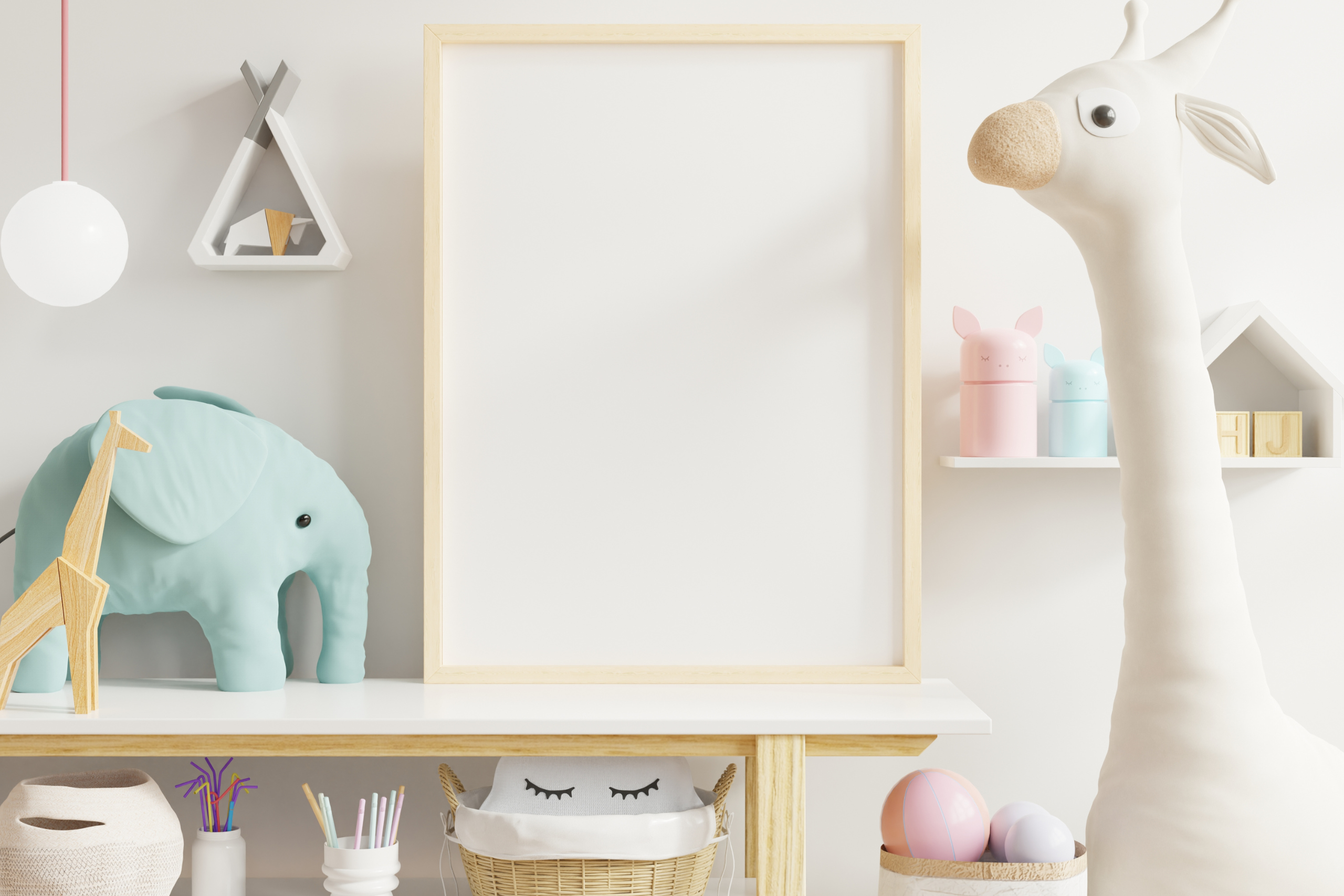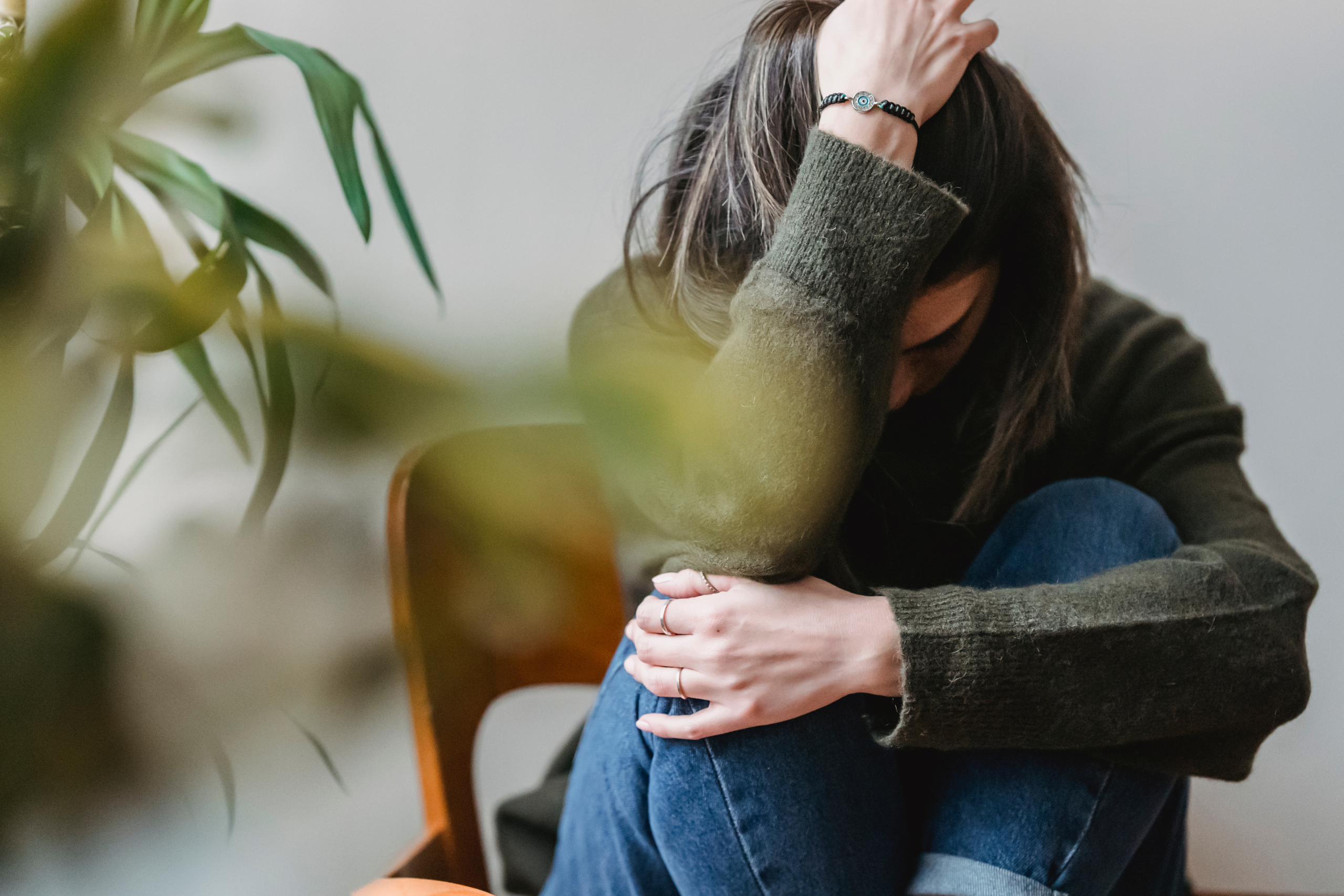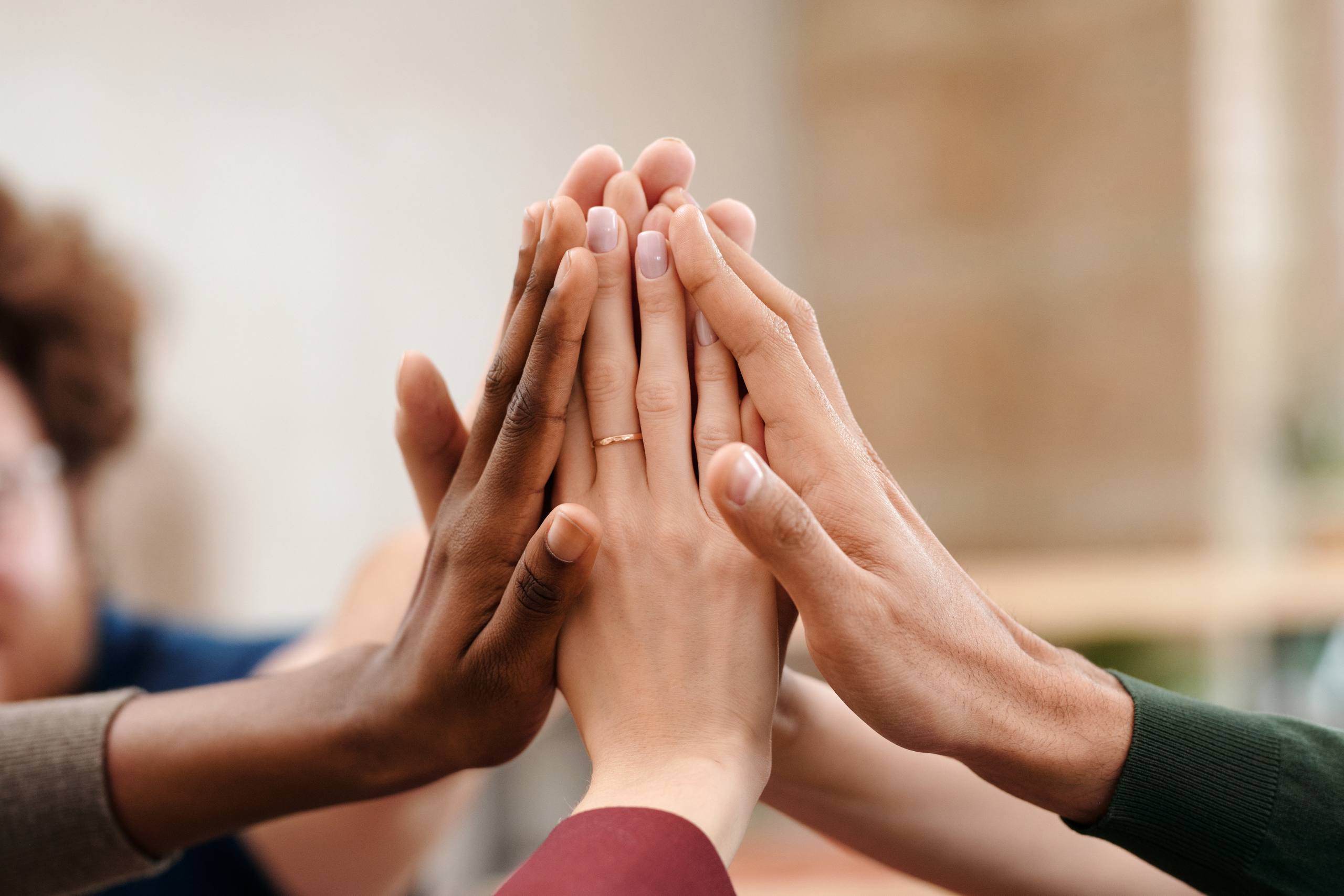Body image refers to an individual’s perception of their physical appearance and the thoughts and feelings that result from that perception. It is a complex concept influenced by personal experiences, cultural standards, and societal norms. A positive body image is associated with healthy self-esteem, whereas a negative body image can lead to serious mental health issues.
There is a strong link between body image issues and the development of eating disorders as some attempt to achieve what they perceive as the “ideal” body type. Media and societal influences play a significant role in shaping these perceptions and, consequently, in the prevalence of eating disorders.
The Role of Media in Shaping Body Image
Historically, media has played a powerful role in shaping societal standards of beauty. From the early days of Hollywood to the rise of fashion magazines, media outlets have often promoted narrow and unrealistic ideals of beauty. These portrayals have long contributed to the belief that beauty is synonymous with thinness, particularly for women, leading to widespread body dissatisfaction.
With the advent of social media, the influence of media on body image has intensified. Platforms like Instagram, TikTok, and Facebook allow for the constant sharing of images and messages that often reinforce unrealistic beauty standards. Influencers and celebrities, who frequently display curated and edited images, contribute to the perpetuation of these ideals. The pressure to conform to these standards is heightened by the constant exposure to idealized body types.
Societal Pressures and Cultural Expectations
Societal pressures and cultural expectations play a significant role in shaping how individuals perceive their bodies. Across different cultures, there are often rigid standards of beauty that dictate what is considered attractive or acceptable. These norms can create intense pressure to conform, leading to body dissatisfaction and harmful behaviors. Understanding how these expectations differ by gender and culture, and how they intersect with media influences, is crucial in addressing the broader impact on body image and promoting health and contentment.
- Gender Differences in Body Image Expectations
While both men and women are affected by societal expectations regarding body image, these pressures often manifest differently. Women are typically pressured to be thin, while men may feel the need to be muscular and lean. These gender-specific expectations contribute to different types of body dissatisfaction and can lead to behaviors associated with eating disorders, such as restrictive dieting or excessive exercise.
- Cultural Standards of Beauty
Cultural standards of beauty vary around the world, yet many cultures share a common thread: the pressure to conform to societal expectations of physical appearance. These standards are often perpetuated by media, fashion, and popular culture, creating an environment where individuals feel compelled to meet certain physical ideals to be accepted or valued.
- The Intersection of Media and Societal Expectations
Media and societal expectations are deeply intertwined, each reinforcing the other. Media often reflects and amplifies societal beauty standards, making them more pervasive and difficult to escape. As a result, individuals are constantly bombarded with messages about how they should look, leading to increased body dissatisfaction and the potential for eating disorders
The Psychological Impact of Media and Society on Body Image
Internalization occurs when individuals accept and adopt the ideals and values portrayed in the media as their own. When it comes to body image, this means that people start believing that the thin ideal or other unrealistic body standards are the norm and should be achieved at all costs. This internalization can lead to a constant sense of inadequacy and self-criticism, which are key contributors to the development of eating disorders.
Individuals with a positive body image are more likely to have higher self-esteem, while those with a negative body image often struggle with low self-worth. Media and societal pressures can erode self-esteem by making individuals feel that they do not measure up to the standards of beauty they see around them, leading to a negative body image and increased risk of developing an eating disorder.
The pressure to conform to media-driven body ideals can push individuals toward extreme behaviors to achieve these standards. Restrictive dieting, excessive exercise, and other harmful practices can lead to the development of eating disorders. The psychological toll of constantly striving for an unattainable body image can create a cycle of negative emotions, unhealthy behaviors, and further mental health issues.
Combating Negative Body Image and Promoting Positive Change
In a world where media and societal pressures heavily influence how we view our bodies, fostering a positive body image has become more important than ever. Combating the negative effects of these pressures requires a multifaceted approach, including promoting media literacy, advocating for diverse representations in media, and building strong support systems. By addressing these key areas, we can empower individuals to resist harmful body standards and embrace a more inclusive and positive view of themselves and others.
- Media Literacy and Critical Consumption
One of the most effective ways to combat the negative impact of media on body image is through media literacy. Teaching individuals, especially young people, to critically evaluate the media they consume can help them recognize unrealistic portrayals and resist internalizing harmful messages. Encouraging critical thinking about media can empower people to make healthier choices about their body image.
- Promoting Diverse Body Representations
The promotion of diverse body representations in media is crucial for fostering a culture of inclusive and positive body image. By highlighting a variety of body types, sizes, and appearances, media can help normalize the idea that beauty comes in many forms. This shift can reduce the pressure to conform to narrow standards and support a healthier self-image for everyone.
- Support Systems and Resources
Support systems, including family, friends, and professional help, play a vital role in fostering a positive body image. Encouraging open conversations about body image and self-esteem can help individuals feel supported and less alone in their struggles. Additionally, there are numerous resources and organizations dedicated to helping those affected by eating disorders, providing the tools and support needed for recovery.
If you or a loved one is struggling with an eating disorder, help is available. Koru Spring located at Lakeview Health in Jacksonville Florida has a specialized team who use individualized treatment plans tailored to your needs ready to help you on your journey to recovery.




